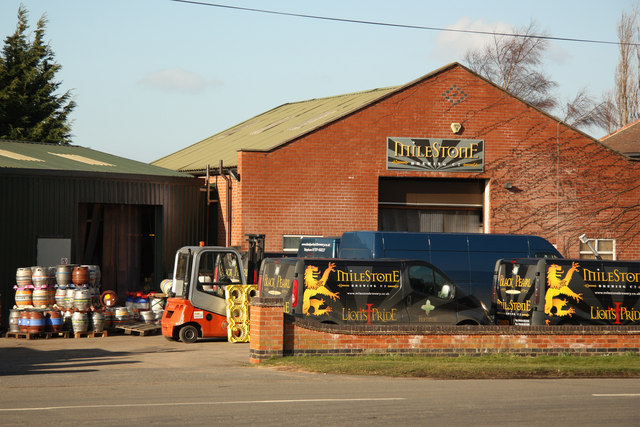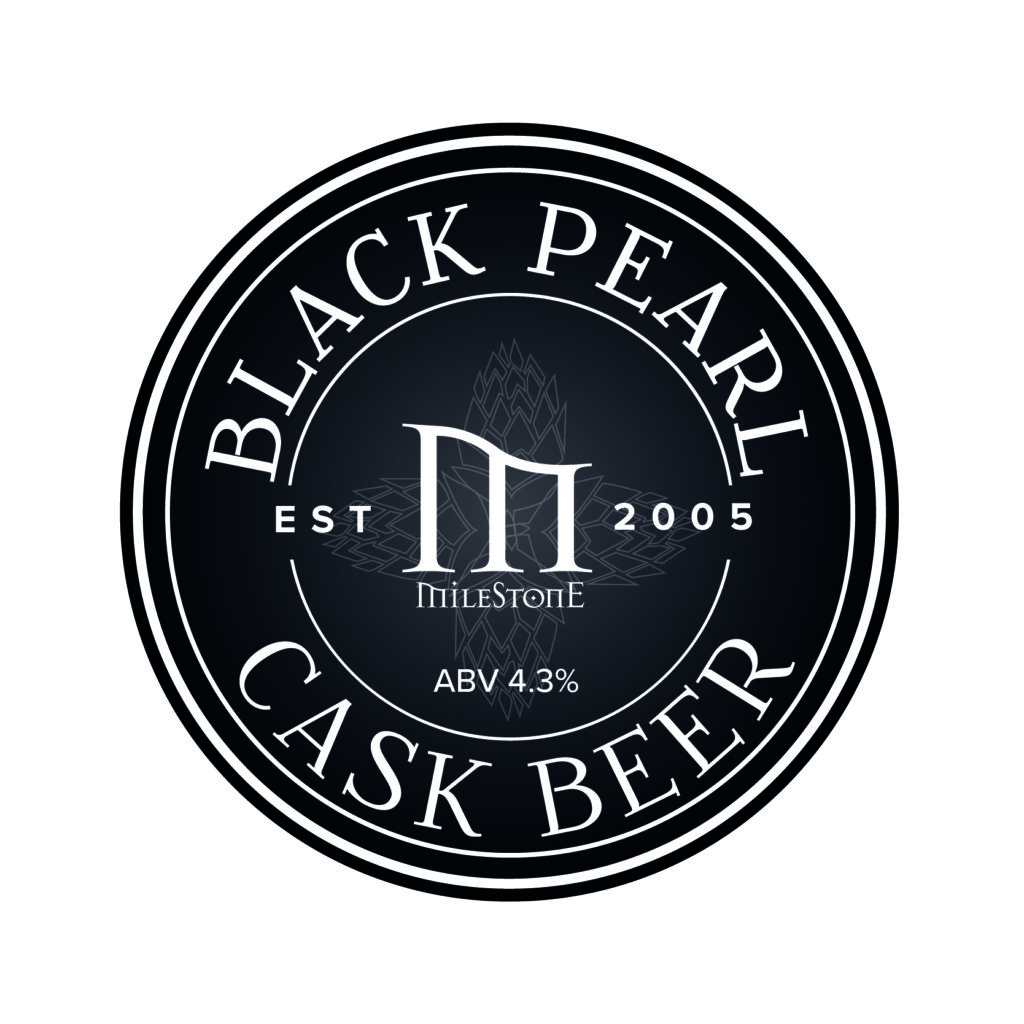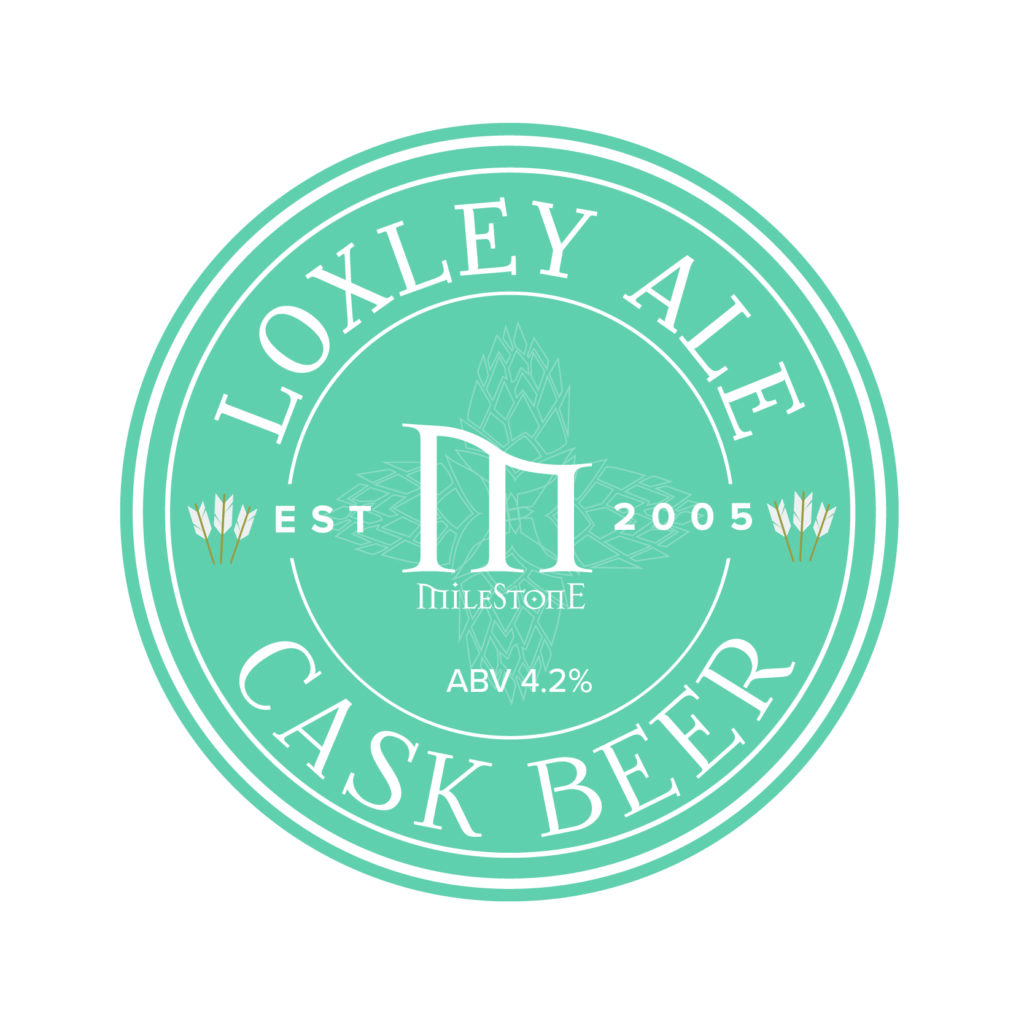Surely beer – made as it is out of barley, wheat, malt, hops, yeast, fruits and spices – is by nature vegan? Sadly it isn’t that simple. In fact many ales use something called isinglass as part of the filtering process, which derives from dried fish bladders. Although this doesn’t affect the flavour of the beer – it doesn’t make it ‘fishy’ – you probably don’t want to drink something with fish bladders in it if you’re vegan.
Fortunately, we’ve collected a list of beers that are vegan and vegetarian friendly and don’t use isinglass in their production.
Please note:
- Beers produced for keg, cask and bottle may have different ingredients. Do not assume that the cask version of a vegan-friendly bottled real ale is also vegan friendly.
- If the beer is marked as ‘unrefined’ then there’s a good chance it’s vegan friendly – you should enquire further!
- Unrefined, vegan-friendly beer will be cloudy. This does not mean there is anything wrong with it. Advocates of unrefined beer say that not only does the beer still contain live yeast (which is good for you), but isinglass also binds with proteins and hop oils and sucks flavour out of the beer. Embrace unrefined, cloudy beer as being healthier, tastier and more natural just as you would view wholemeal bread as being superior to white!
- A cask means a barrel of beer which is conditioned (undergoes secondary fermentation) in the barrel. Real ale is cask beer where the yeast is still live when it’s served, giving the drinker all the health benefits associated with consuming live yeast. Cask ale tends to be less carbonated or ‘fizzy’ than keg ale and therefore more suitable for people who for health or lifestyle reasons wish to avoid carbonated drinks.
- Keg ale used to be viewed as far lower quality than cask ale. However there has been a renaissance in keg ale and good quality beers are now keg produced. The main difference between keg and cask ale is therefore that ‘fizz’ (carbon dioxide or nitrogen) is added to the beer in the keg. If you do not like fizzy beer or have digestive problems you might want to steer away from drinking keg beer. That said, kegs can produce very hoppy, strong beers.
- Minikegs look like smaller kegs of beer which hold between 8 and 9 pints (5 litres). The beer can either be live real ale (in essence these are produced just like the big casks sent to pubs) or filtered and carbonated like full sized kegs. From the outside you can’t tell if the beer inside is real ale or keg ale.
- Some breweries use vegan-friendly isinglass alternatives. Brewers are exploring the use of Irish Moss (a type of seaweed) to clarify beers. Research is going on to find alternative production methods so that beers ‘drop bright’ by using a mixture of used and fresh hops. And, as stated, many drinkers are embracing unrefined, cloudier beers.
Vegan-friendly beers
This is our growing list of vegan-friendly beers. The information comes from the brewers themselves. We caution that you should double check at the time of drinking that the beer you’re drinking is vegan friendly, although breweries do usually mark this at the pump or on the bottle. It’s possible that the beer is vegan friendly (unrefined) without being marked as such.
Abbeydale Deliverance Can and Keg (ABV 8.0%) is a Special West Coast IPA with Simcoe, Centennial and Amarillo hops that deliver a fresh citrus taste with malty sweetness.
Abbeydale Emergence Can and Keg (ABV 4.5%) is a Special session IPS that is dry hopped with Vic Secret and Galaxy that create tropical fruit flavours balanced by Low Colour Maris Otter Pale Ale Malts.
Abbeydale Last Rights Can and Cask (ABV 11.0%) is a Special barley wine that was first brewed in 1997 for Abbeydale’s 25th anniversary. It has toffee, candied peel and dry citrus flavours and is dry-hopped with Willamette, Chinnook, Cascade and Mosaic to balance the sweetness.
Abbeydale Reverie Citra & Cascade Can and Cask (ABV 4.2%) is a Special pale ale created in spring 2021 that is dry-hopped with Citra and Cascade hops to create a light, fruity, floral fresh beer.
Abbeydale Reverie El Dorado & HBC 472 Can and Keg (ABV 4.2%) is a Special pale ale created in spring 2021 that is dry-hopped with El Dorado and the newly-created (and yet to be named) US hop HBC 472 to create a beer packed with tropical fruits.
Abbeydale Salvation Can and Keg (ABV 4.5%) is a Special sea salt and caramel stout that uses Low Colour Maris Otter Malt, roast wheat, Mount Hood and Sorachi Ace hops and added sea salt and caramel flavour.
Abbeydale Serenity Cascade & Galaxy Can, Keg and Cask (ABV 3.8%) is a Regular IPA. Very hoppy session beer.
Abbeydale Unbeliever Grapefruit Radler Can and Keg (ABV 3.0%) is a light and tart grapefruit Special produced in collaboration with Out & About and the Queer Brewing Project.
Abbeydale Voyager Can, Keg and Cask (ABV 5.6%) is a Regular citrus IPA with tropical fruit flavours that uses Citra, Centennial and Mosaic hops. It is unrefined and gluten free.
Acorn Brewery – no vegan friendly beers.
Durham Brewery – no cask beers are vegan friendly.
Durham Cloister Bottled (ABV 4.5%) a bitter that uses Maris Otter Pale Malt, Crytal Malt and a unique blend of hops (English, Czech and American) that deliver a flowery aroma, peach flavour and a refreshing bitterness.
Durham Bede’s Chalice Bottled (ABV 9.0%) a Belgian Tripel (strong pale ale) that uses Maris Otter Malt with a small amount of wheat and Vienna Malt, with the addition of coriander and Centennial American hops. The ale had peach and orange notes.
Durham Black Bishop Bottled (ABV 4.1%) is a dark stout with a crisp coffee flavours plus a little smoke, made using nine malts.
Durham Evensong Bottled (ABV 5.0%) is a ruby beer based on an original 1937 recipe from Whitakers of Halifax. It uses five different malts along with Fuggles and Goldings hops to create a toffee-cherry flavour with hints of kiwi fruit.
Durham Magus Bottled (ABV 3.8%) is a pale ale with lemon and floral flavours and an earthy bitterness. It is also gluten free.
Durham St Cuthbert Bottled (ABV 6.5%) a golden IPA that uses a mixture of English, Czech and American hops to produce a beer with citrus, orange and peachy notes. Not too bitter.
Durham Smoking Blonde Bottled (ABV 6.0%) is a strong mild with a low hop content. It is produced using Pale Maris Otter mals with oak smoked wheat and Citra hops to create a peachy, marmalade flavour with a shot of coriander.
Durham Temptation Bottled (ABV 10.0%) is a Russian stout produced with Crystal Malt, Amber Malt, Black Malt and roast barley. It uses Goldings hops and has a coffee flavour with liquorice notes.
Goacher’s Crown Imperial Stout (ABV 4.5%) is Goacher’s version of a true, bottled Irish stout. Brewed with roasted barley and high levels of Kent Fuggles hops.
Kelham Island Brewery – no cask beers are vegan friendly.
Kent Brewery – a selection of beers are available in 30 litre PolyKegs as unfined live beer, which are naturally hazy and vegan.
Springhead Brewery Drop O’ The Black Stuff Bottled (ABV 4.0%) is an award-winning porter brewed with Maris Otter Pale and Dark malts, roasted barley, aromatic mixed English hops and Nottingham Ale yeast.
Welbeck Abbey Cavendish Minikeg (ABV 5.0%) is a blonde ale named after the House of Cavendish who owned the Abbey. It has crisp, zingy grapefruit flavours.
Welbeck Abbey Harley Minikeg (ABV 4.3%) this honey-coloured ale has a zesty, fresh flavour with notes of orange blossom and a subtle sweetness. It uses American and German hops and is named after ‘The Great Collector’ Edward Harley, who built a huge collection of books and art.
Welbeck Abbey Henrietta Minikeg (ABV 3.6%) is a golden ale named after two famous Henriettas in the Welbeck family lineage: Henrietta Cavendish-Holles and Henrietta Scott. It’s a clean-tasting, delicate golden ale with notes of honeysuckle and fresh hay. Brewed with German Hallertau Brewers Gold.
Welbeck Abbey Kaiser Minikeg (ABV 4.1%) this extra pale beer uses premium German lager hops to deliver a biscuity-sweet but refreshingly herbaceous flavour.
Welbeck Abbey Portland Black Minikeg (ABV 4.5%) a rich porter named after the Duke and Duchess of Portland. It has a subtle smoked taste with chocolate, coffee and vanilla flavours.
Welbeck Abbey Red Feather Minikeg (ABV 3.9%) is a robust auburn ale with a rich colour and walnut flavours combined with bitter sweet caramel. It takes its name from the emblem of Welbeck.



